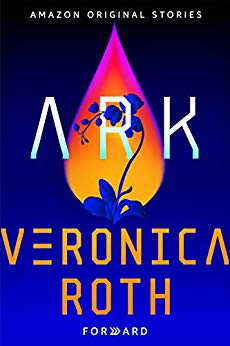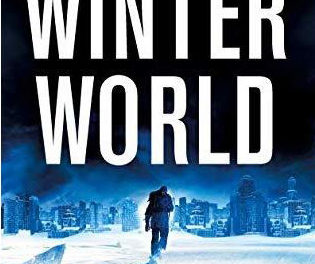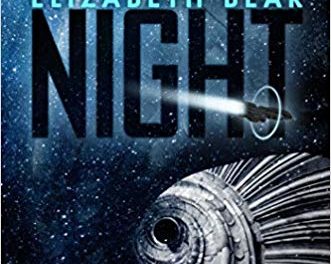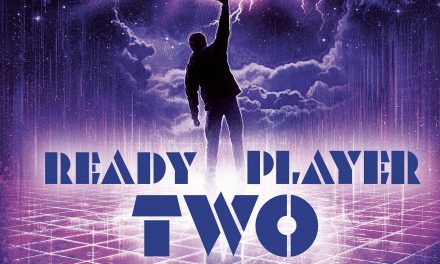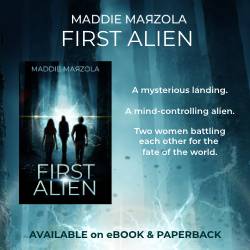Ark by novelist Veronica Roth forms part of Forward, a new collection of sci-fi shorts commissioned by Amazon.
Whatever your feelings on Amazon’s place in publishing and the impact on smaller houses and writers, on the strength of Ark, Forward’s a project worth looking into for both the casual reader and fans of the genre.
A self-contained, melancholic and grown-up bit of speculative science-fiction, Ark eschews thrills and spectacle for the tiny details to be found in facing the end of the world.
Roth’s short story follows a group of scientists collating samples for Ark Flora, an archive of all important plant life on Earth, in a mere two months. The notion of preserving the important things, why they’re important and who gets to decide this allows the story to unspool into an elegant meditation on the transient nature of life.
In an interesting take on the end-of-the-world plot, Ark’s scientists aren’t the ones to discover an unstoppable, apocalyptic asteroid on a collision course with Earth, known as Finis. There’s no mavericks or geniuses who just might hold the key to halting catastrophe. Nor is there any breathless Hollywood-style race-against-time to save the planet. Instead, the Ark’s remit is much more banal and more heroic – the team works on a frigid Svalbard despite having no chance of survival and no belief in a legacy beyond the Ark.
While the rest of the planet’s population travels to a distant colony somewhere in space, Ark’s scientists, it appears, have been chosen, or volunteered, due to their lack of tethering relationships – all are alone in the world literally and figuratively.
If this sounds altogether too nihilistic, it’s worth noting that Roth’s character’s have lived almost their entire lives in the shadow of death, as the story suggests early that this knowledge has been public for several decades. As such, Ark contains a profound calm, winning moments of black humour as well as meditations on how to survive without a future.
Roth’s direct prose style keeps Ark from being unbearably depressing: dialogue-heavy, thoughtful, warm and humane while light on exposition, with some spare and beautiful descriptive passages, in particular, Samantha’s recollections of her life before Svalbard.
Most touching is the unfurling and doomed relationship between protagonist Samantha and reclusive fellow scientist Hagan. Predicated on a shared love of orchids, they reach a tentative, unsentimental understanding that feels wrenchingly real.
Like all the best short stories, Ark ends just before we might want to leave Samantha and Hagan – we know how life will end for them, but there’s richness in finding out how they get there.
M.M. Hattab

